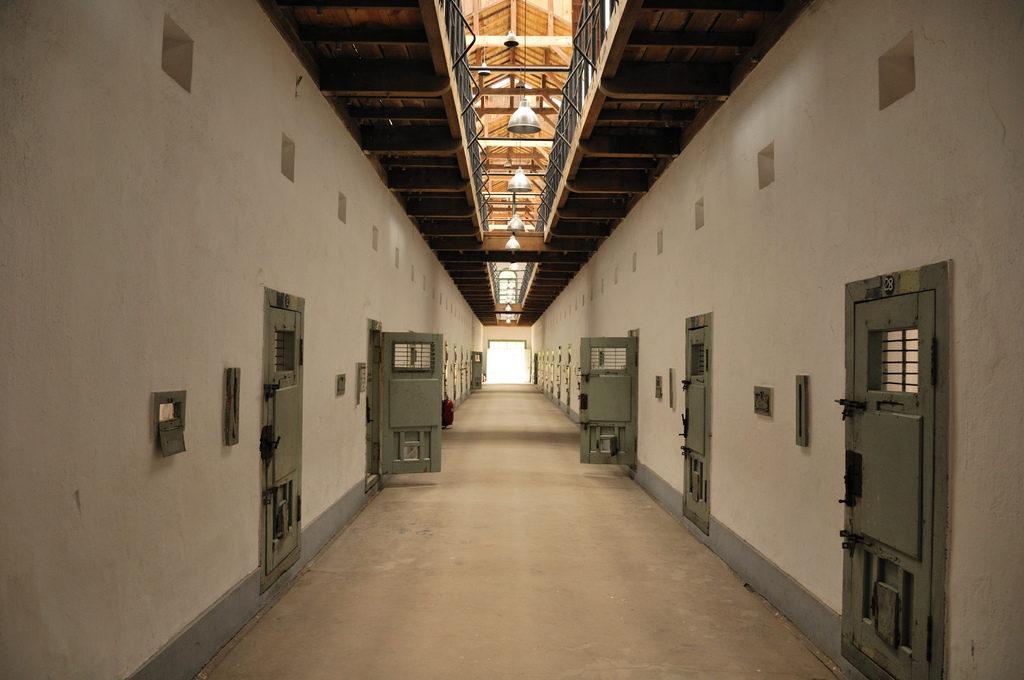In what ways does slavery exist today? According to GOP candidate Zach Dasher, slavery comes in the form of entitlement through welfare and the prison system.
Dasher, nephew of Duck Dynasty star Phil Robertson, made these claims six months ago on his internet podcast willingtothink.org.
“With welfare, if you can’t afford to pay anything — you can’t buy your own food, your own healthcare, your own education — well, what happens? Well, the government steps in and they say, ‘We’ll take care of that for you,’” Dasher said. “Isn’t this a form of slavery, though? I would argue that it is.”
Dasher goes on to say that welfare is nearly inescapable, while “under the Hebrew system of slavery, here’s the difference: you get to go free after 6 years. On the seventh year, you’re free.”
As a result of this inescapable slavery, a generational entitlement has been established.
Furthermore, Dasher believes inmates are “slave[s] to the state” because they are living their lives behind bars. To him, anyone of poverty that is dependant on the government is essentially its property and it their master.
Skeptical? Unconvinced? You should be. These are bold statements, which for the most part are unfounded.
Slavery is defined most broadly as a system under which people are treated as property; entirely dominated by an entity or person. Typically slaves are bought and sold and they are deprived of all basic human rights and forced to perform hard labor without pay.
Welfare is the provision of a minimal level financial and other aid by a government agency to an individual or family, specifically to those who are unable to adequately provide in such a way for themselves and or their families because of unemployment, illness or disability, old age, those with dependent children and veterans.
The money being used to aid these needy parties, is money they themselves have contributed through taxes.
Welfare does not harm, it helps. It is not something you are forced into, rather have to qualify and apply for, and it is not binding.
Dasher is right, however, in saying prison is a form a slavery.
Essentially, while in prison, you are denied most of the freedoms and liberties granted to those who walk the streets as free men. You live your life behind bars, concrete walls, day in and day out. Your daily routine consists of limited time to shower, eat, exercise, and work and perform hard labor.
Inmates are subjected to exploitation under the control of private businessmen who have turned the incarceration of people into an industry. According to Prison Policy Initiative, the US has the highest incarceration rate in the world with over 2.4 million inmates. They can be paid between 25 cents to $1.15 an hour for their work. They work full time are not required to be provided with vacation days or sick-leave, worker’s compensation in the case of injury and do not have the right to unionize. Refusal to work results in placement in isolation cells.
They are the ideal workforce. Private companies have a vast pool of extremely cheap to free and strictly regulated labor to choose from.
According to the New York Times, the government exporting inmate labor counters cuts in federal financing and shrinking tax revenue.
Inmate jobs vary from states to state. You can find inmates farming, painting vehicles, performing janitorial work in government buildings, cleaning up roadkill, tending to graveyards, more recently in Calif. fighting fires and various other tasks that once were reserved for private contractors and government employees.
In fact, according to Child Welfare Information Gateway, the dependents of incarcerated inmates can fall into poverty due to losing a source of income. Where will these families turn to supplement their income? Welfare, as many in financial need do.
How any of this equates to entitlement is a wonder.
Dasher may be a little off in his logic, but he did bring up an interesting point: slavery does still exist in the US. This form is harder to come to terms with than others.
Photo courtesy Creative Commons.









